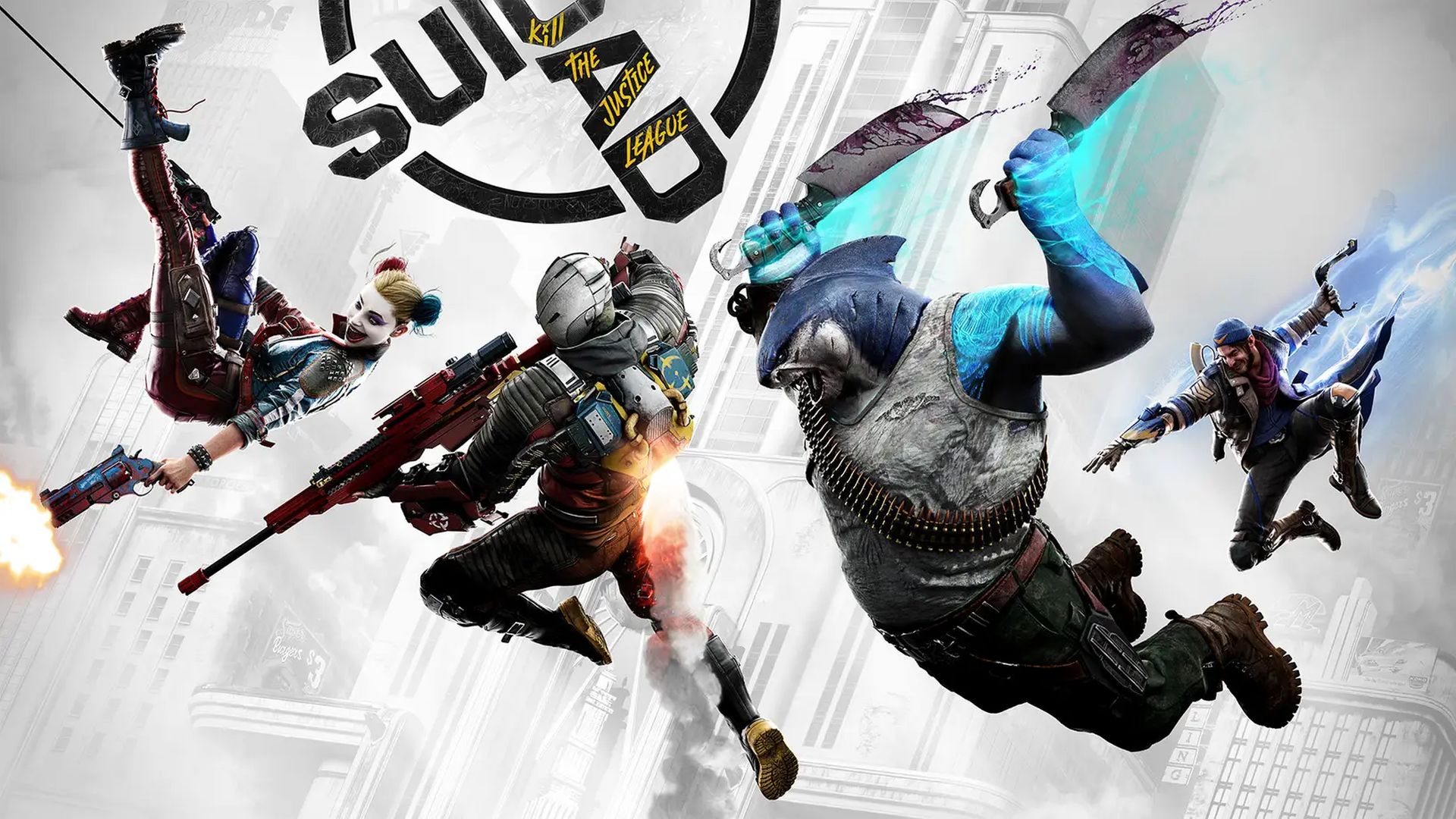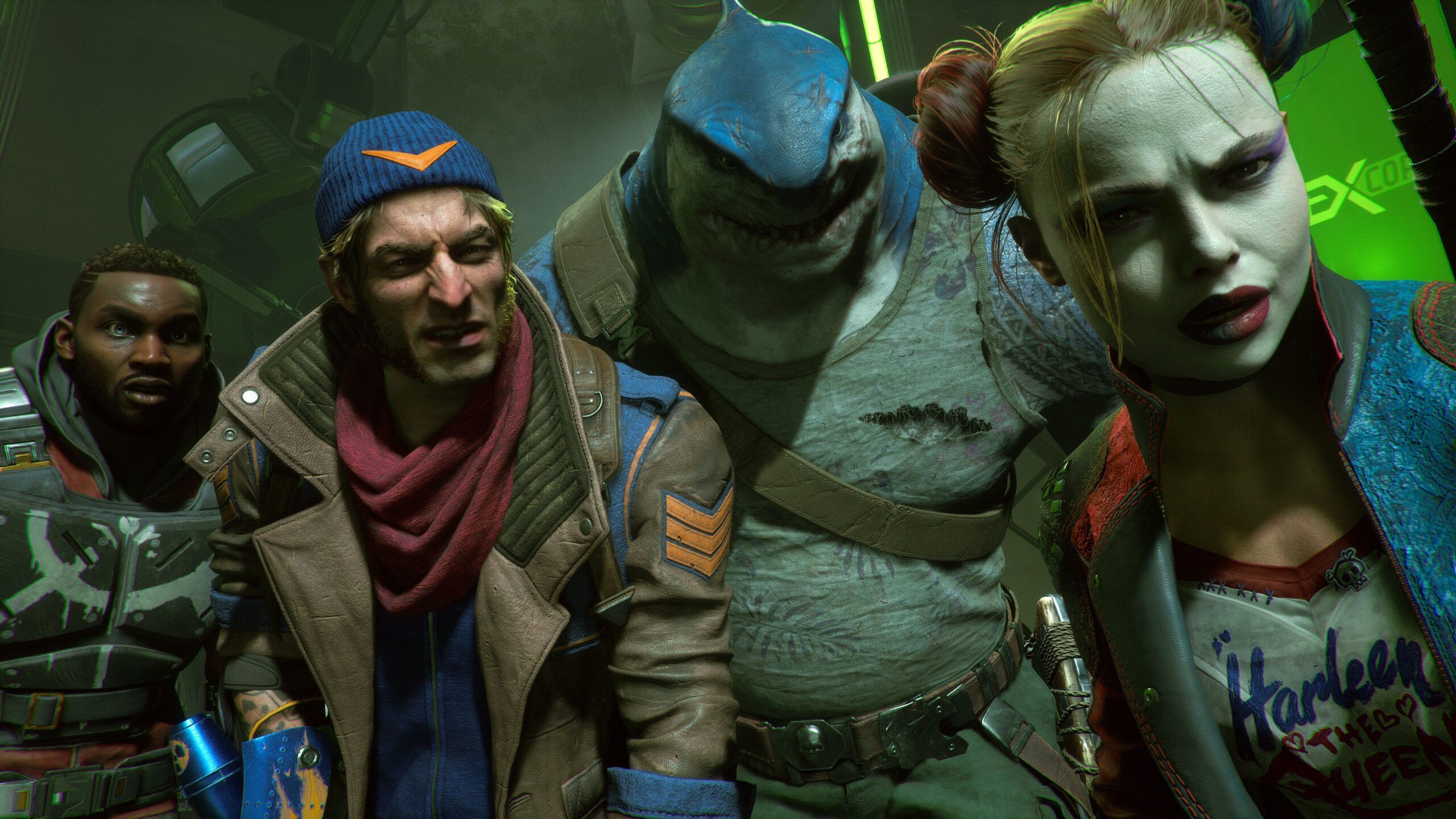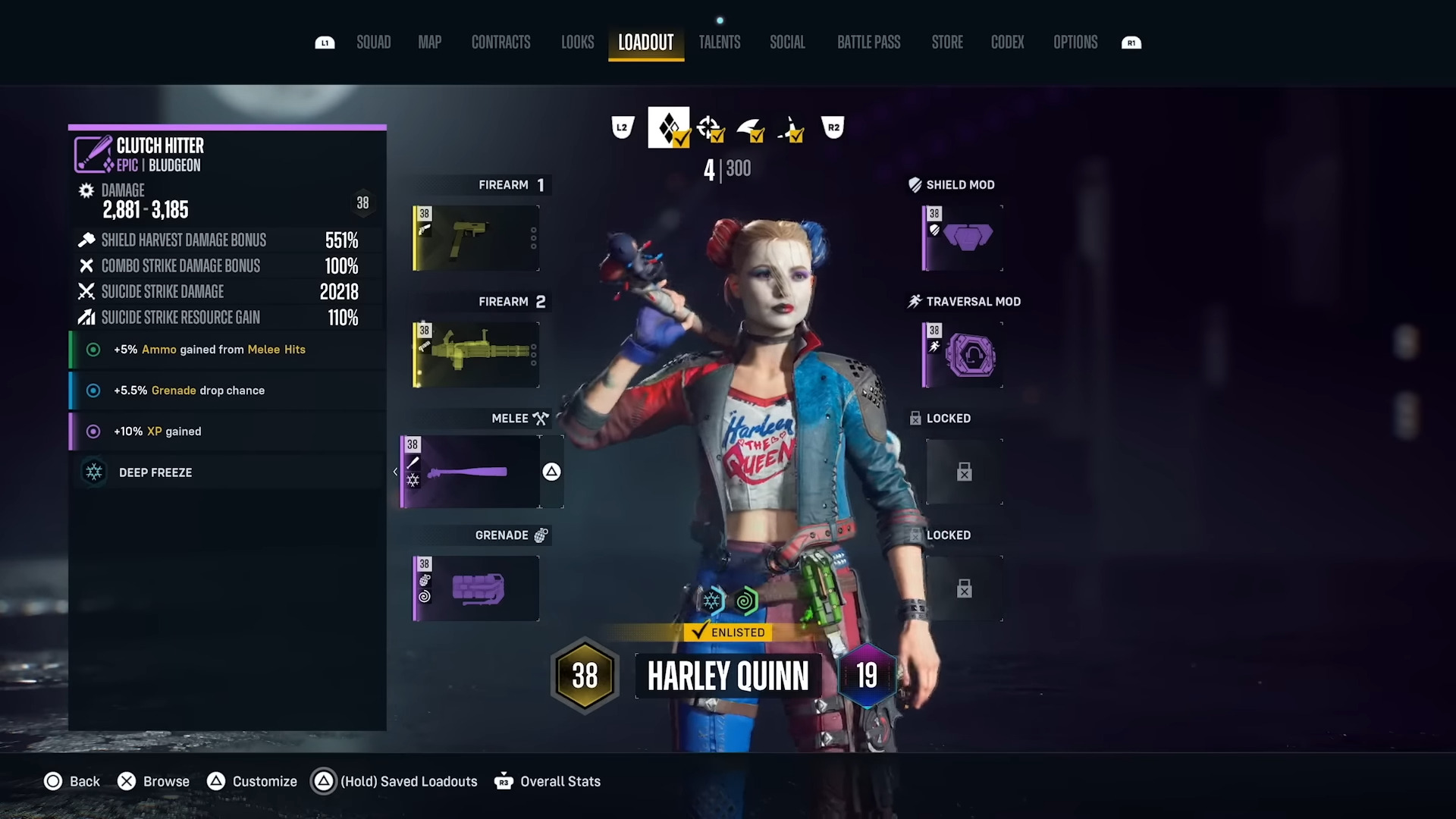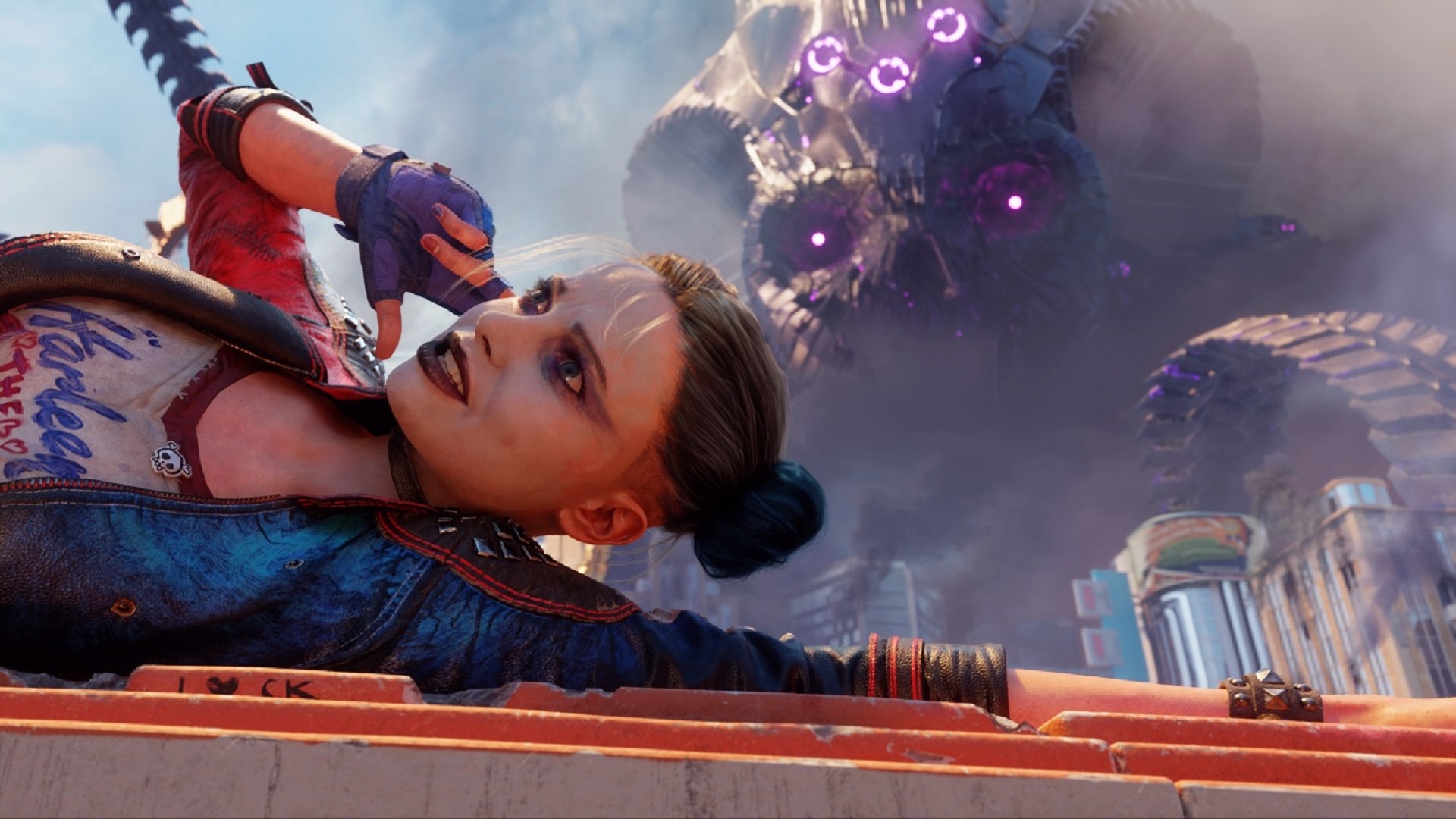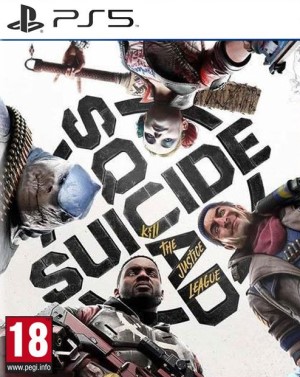
Suicide Squad: Kill the Justice League was one of the year’s biggest releases heading into Sony’s recent State of Play. Releasing on May 26th for Xbox Series X/S, PS5 and PC, the action-adventure title has had little gameplay since its announcement in August 2020. But it’s Rocksteady Studios, the team behind the superb Batman: Arkham trilogy. The extensive gameplay look would be a slam dunk, right?
Well, not exactly. After seeing co-op gameplay and a behind-the-scenes video with the development team, the overall mood around Suicide Squad is mixed, ranging from trepidation over what the game is to outright hostility.
How did things rebound in such a disastrous fashion? Why is the team behind Batman: Arkham Asylum, which redefined the superhero video game genre, and Batman: Arkham City, one of the all-time greatest open-world titles, under such scrutiny? What’s going on?
From the outset, there was always some skepticism about Suicide Squad. Rocksteady didn’t hide that it was a third-person shooter or co-op title. Solo play was possible, with team members replaced with AI bots, but for all intents and purposes, you would have the most fun with friends (which the developer outright stated in its recent behind-the-scenes video).
But we were all young, innocent and hopeful back then. Due to the utter lack of details surrounding the more troubling elements, we still gave it the benefit of the doubt (with Gotham Knights’ early showing attracting much of the ire instead).
While Marvel’s Avengers still stung with its terrible launch and massively underwhelming post-launch support, Marvel’s Guardians of the Galaxy was a surprise single-player hit. It reminded us that a superhero game not made by Insomniac could be fun without relying on all the live-service tropes. It was hope, even if it didn’t sell that well.
However, as time passed and a release date was revealed, and Kevin Conroy was confirmed to voice Batman one last time, there was a lack of significant gameplay or new details. Then there was a report, which showcased the UI with its Store, Battle Pass and Social tabs. Suicide Squad isn’t just a solo experience with bots or a co-op title for up to four players – it’s a live-service game. Live-service games aren’t exactly beloved right now, but we’ll get to that.
Cue the gameplay reveal, with its wise-cracking characters and interesting premise. It looked good visually – not the best, but quite good. For all the abilities on display, there was a lot of shooting. A lot of jumping. Some melee combat, as well, but otherwise, shooting and jumping.
You could argue that the gameplay looked better than Marvel’s Avengers or Gotham Knights – which we won’t know without learning more about the mechanics, getting a feel for the controls and so on – but it didn’t look super-appealing for many. It isn’t meant to be a new Batman Arkham game, which is fine, but the quality didn’t look nearly at the same level.
But in terms of gameplay, who else had Crackdown wannabe on their bingo cards? Who found that one sequence of Deadshot continuously shooting at a glowing purple weak spot entertaining? The story bits were the most intriguing if nothing else.
Afterwards, Rocksteady laid it all on us. The loot with its perks and Destiny-style UI for equipping your character. The cosmetic-only microtransactions and Battle Pass, with free tiers for all and Premium tiers for those who paid. The post-launch plan includes new missions, weapons and playable characters, all free as the sales pitch goes. All of this and no loot boxes! Because doing the bare minimum in terms of monetization is still worth shouting from the rooftops in this day and age.
For many, this translated to, “You’re going to grind in some way for better loot, because why else would there be Gear Score?” and “We want you to keep playing after launch and ideally giving us money.” But what sealed the deal is the FAQ which confirmed that the game is always online, even if you’re playing solo.
To be clear, I don’t have anything against live-service games. I’m excited for Destiny 2: Lightfall, having just completed the Season of the Seraph Pass. Though I’m not currently playing Overwatch 2, Path of Exile, The Division 2 or Forza Horizon 5, I like to track their upcoming updates and content to see what they offer.
That all said, there’s general fatigue around live-service games. The market has been over-saturated for a while now, and that’s without counting upcoming projects like Redfall (which has post-launch characters), Project LLL, the standalone multiplayer project for The Last of Us, the rumored and leaked Horizon MMO, Diablo 4 and so on.
The biggest issue for a new live-service title is competing with games that have established bases. Destiny 2 is experimenting with a new seasonal approach in Season of the Deep, which should roll around by May. Diablo fans are waiting for the fourth game in the series, which is out just a week after Suicide Squad.
Is the plan to attract Marvel’s Avengers players, whose game will receive its final balance patch on March 31st and no more support in September? Because that’s some plan. Maybe The Division 2 players will give it a shot while waiting for Year 5 details.
Add in some other big-name games like Final Fantasy 16, The Legend of Zelda: Tears of the Kingdom, Street Fighter 6, Dead Island 2, and so on that are releasing around the same time, and there’s an overwhelming amount of competition for Suicide Squad: Kill the Justice League. There are also all of the live-service PvP games that continue to receive extensive support and vie for players’ attention.
To be clear, I don’t think the game will fail to do well at launch – the Rocksteady name still holds some weight, and you can expect enough marketing to result in a decent launch. Middling reviews could affect it, but not by too much.
The major problem is that WB Games are alienating a significant part of their fan base, as seen with Gotham Knights (or if you want to go further back, then BioWare when it revealed Anthem). It’s all well and good to have a game without Batman as the star or in another genre, like third-person shooting. But pushing a narrative and gameplay style to cater more to looter elements than doing fresh or original feels off (once again, as seen with Gotham Knights).
Suicide Squad also feels less like it’s trying to deliver a unique gameplay loop and more like it’s trying to ape other live-service looters for that sweet post-launch revenue. “It’s all just cosmetic,” isn’t the problem – it’s that publishers know such things sell and want their share of the increasingly diminishing pie.
I can sympathize with the development team – it’s been trying to develop a Suicide Game since 2010. It’s also understandable why WB Games would go this route – not just because these games are expensive to make, but due to the appeal of a steady revenue stream for years and years. Then again, I’m sure such plans were appealing for Anthem, Marvel’s Avengers, and Square Enix’s numerous live-service titles that met a swift end. “Appealing doesn’t automatically equal amazing or fun to play.
Suicide Squad: Kill the Justice League is less than three months away, but there’s still plenty of time to learn about it. As for convincing players that this is a live-service title worth investing their time and money in, that could take significantly longer. Time will tell about its quality at launch – it could be good, bad or, worst of all, boring. Regardless, it’s clear that there’s very little to appeal to fans of Rocksteady’s previous work, at least in terms of gameplay.
Note: The views expressed in this article are those of the author and do not necessarily represent the views of, and should not be attributed to, GamingBolt as an organization.








